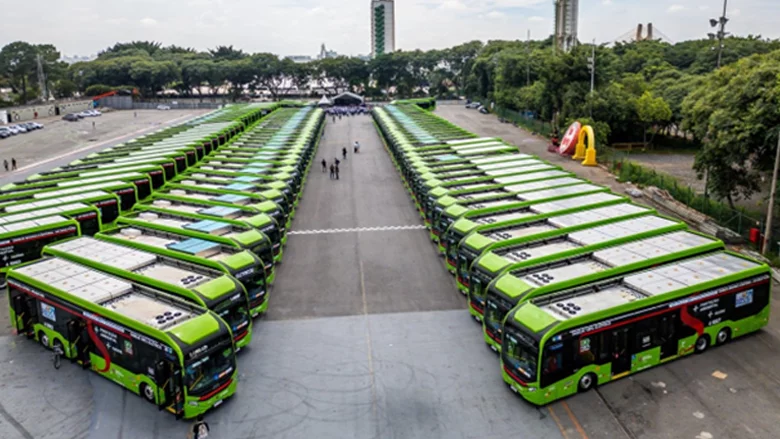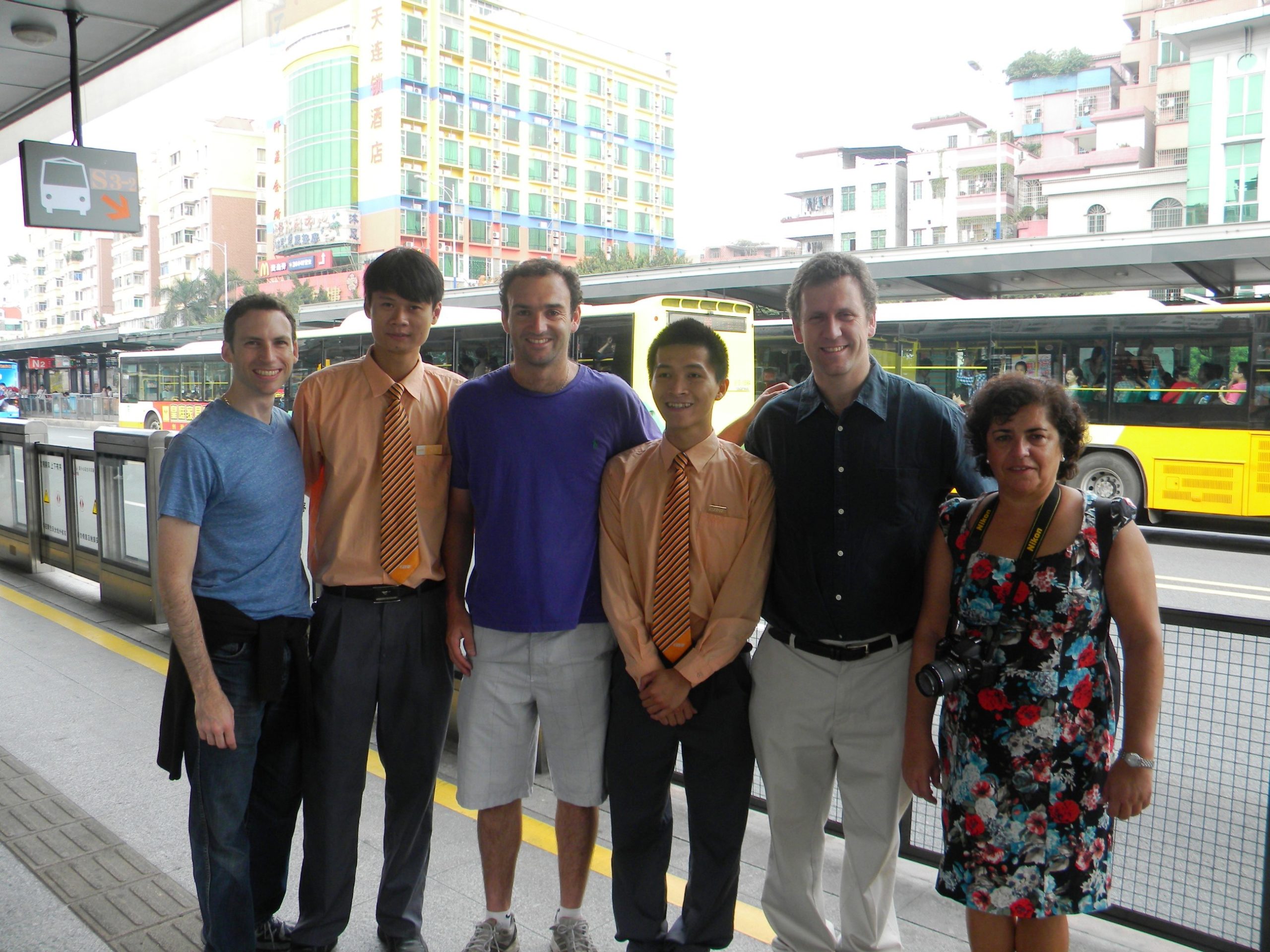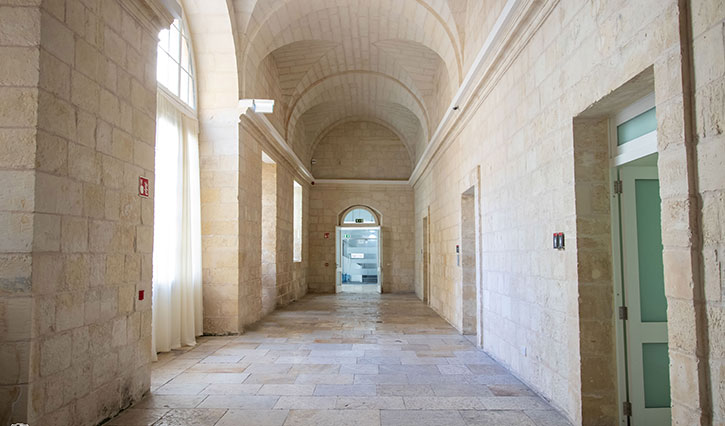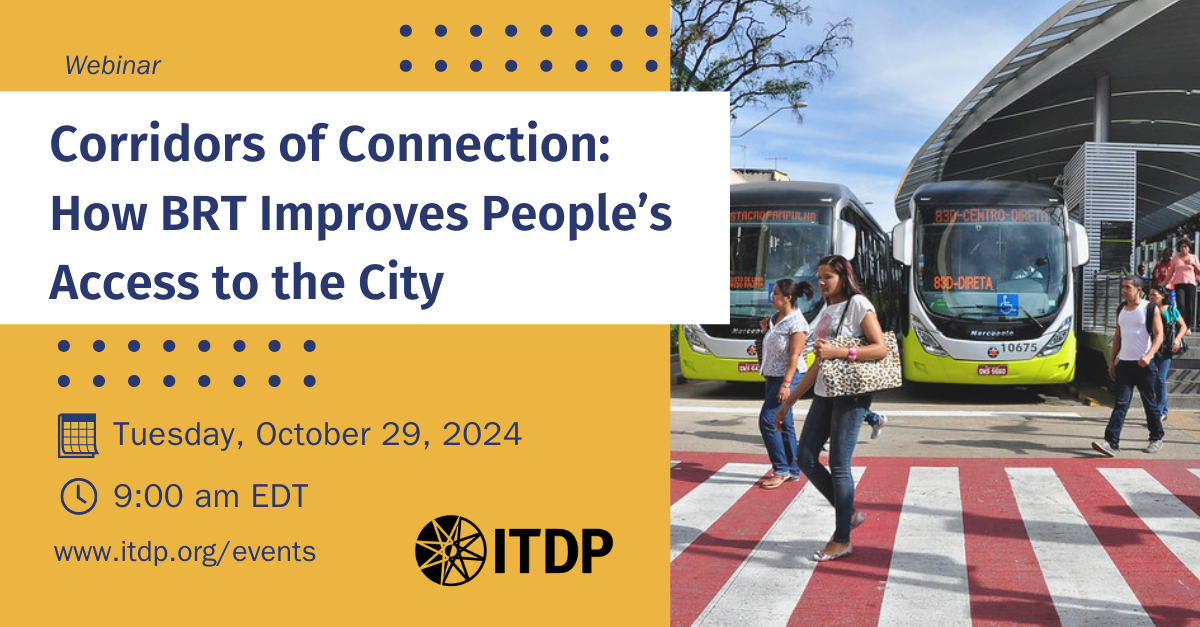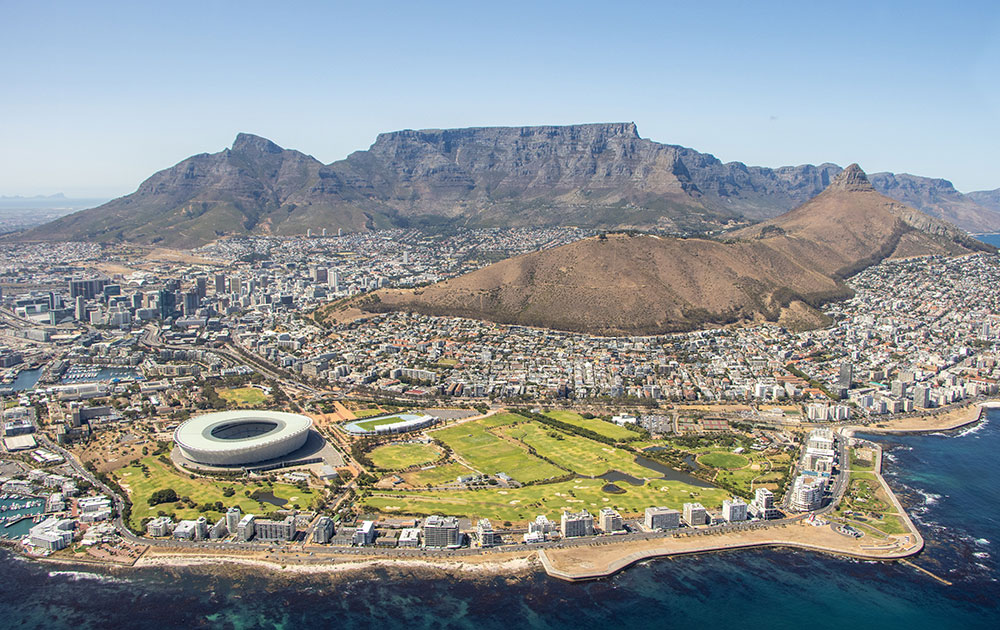by Juan Carlos Muñoz
China is missing a historic opportunity to change a western-based paradigm that is causing tremendous problems worldwide. Cities are supposed to be efficient solutions for people’s interaction. However, once cities are structured around the private car, these efficiencies are threatened by the congestion, pollution, accidents, stress, obesity, little social interaction that cars cause and the significant energy consumption and urban space that they demand. At the city level, the car is an individualistic transport mode that often prevents more efficient collective modes from flourishing. Thus, cars take the city as a hostage benefiting mostly the more affluent social classes. The high densities and the political and administrative system in China offer a big opportunity to promote collective and non-motorized transportation modes. In cities with the size of Shanghai and Beijing this is the only possible path to structure the cities towards sustainability and a very attractive one.
Cities in China should not be organized to satisfy car users, but instead around the people and their children, fostering non-motorized and public transport modes, and providing infrastructure for parks and social interaction. Thus, car use should be hindered in large cities, particularly in peak periods that define the infrastructure and the fleet required to provide the mobility demanded. Many instruments are available, such as congestion pricing, parking prohibition and higher fuel taxes. This does not require investments, but a lot of determination, political will and good management.
A transport system is composed of infrastructure, vehicles and a management system. China has made a huge effort in the last decades to improve first its infrastructure and second its equipment. However, the management, control and regulation are lagging behind. The government should realize that the infrastructure and vehicles should be used wisely to obtain maximum performance.
In large cities, we should make every effort to leave the cars out of the equation and foster more efficient transportation modes. China has the density and the cultural philosophy to change the rules of the game and bring a new paradigm. It should resist the inertia of business as usual and give the western world a lesson by promoting a totally new sustainable (social and environmental) urban development alternative.
¿Comments? ¿Opinions? ¿Similar News? Send them to us!
